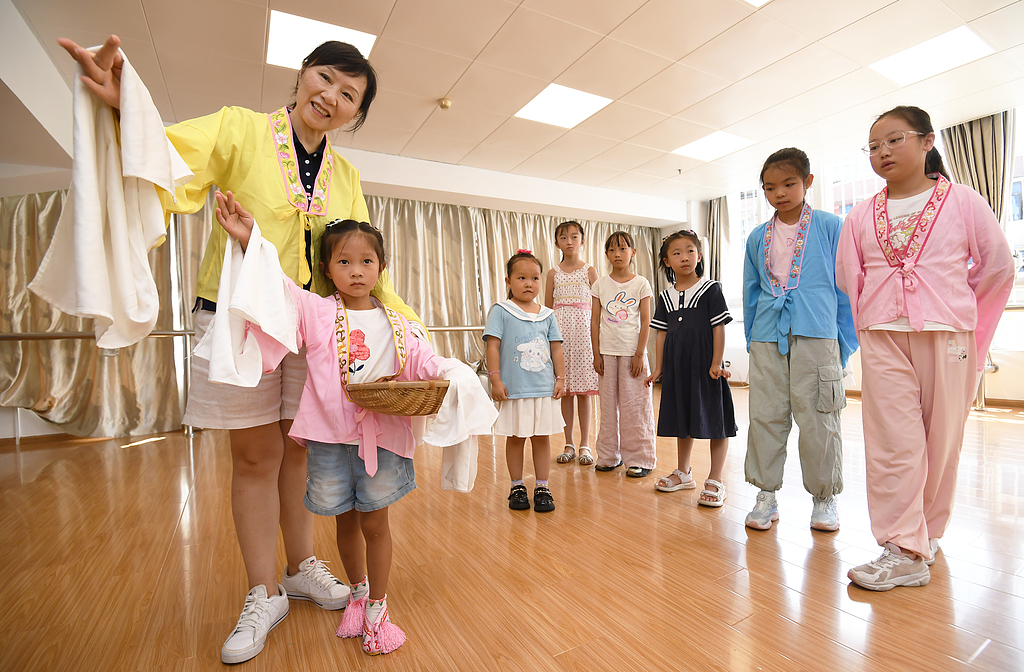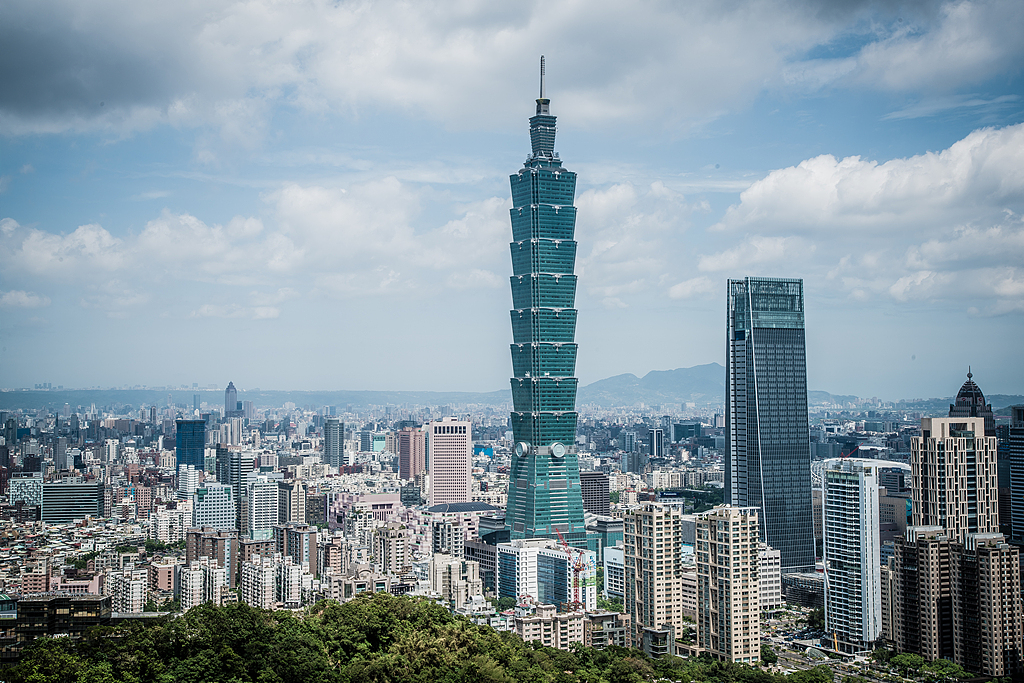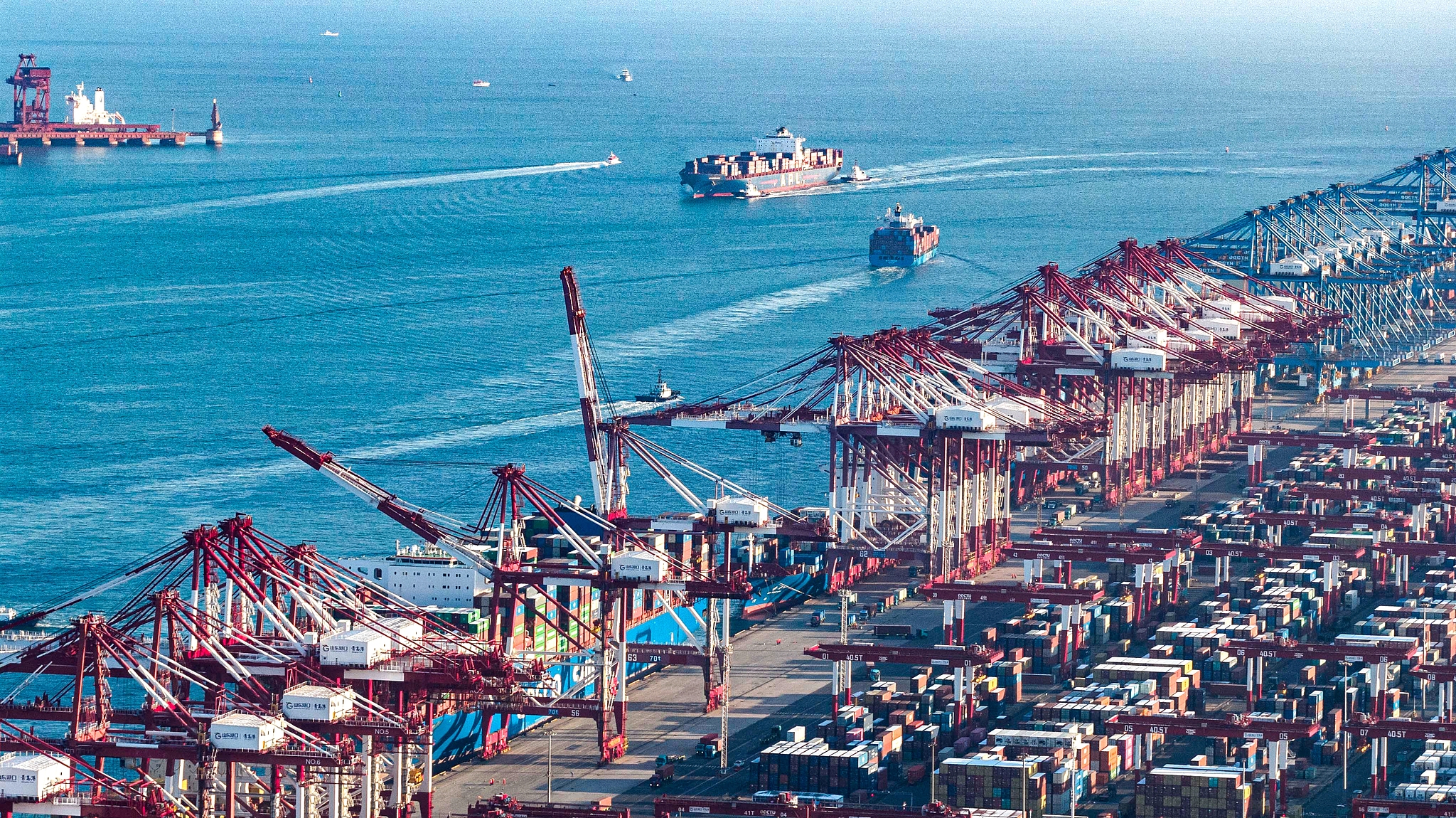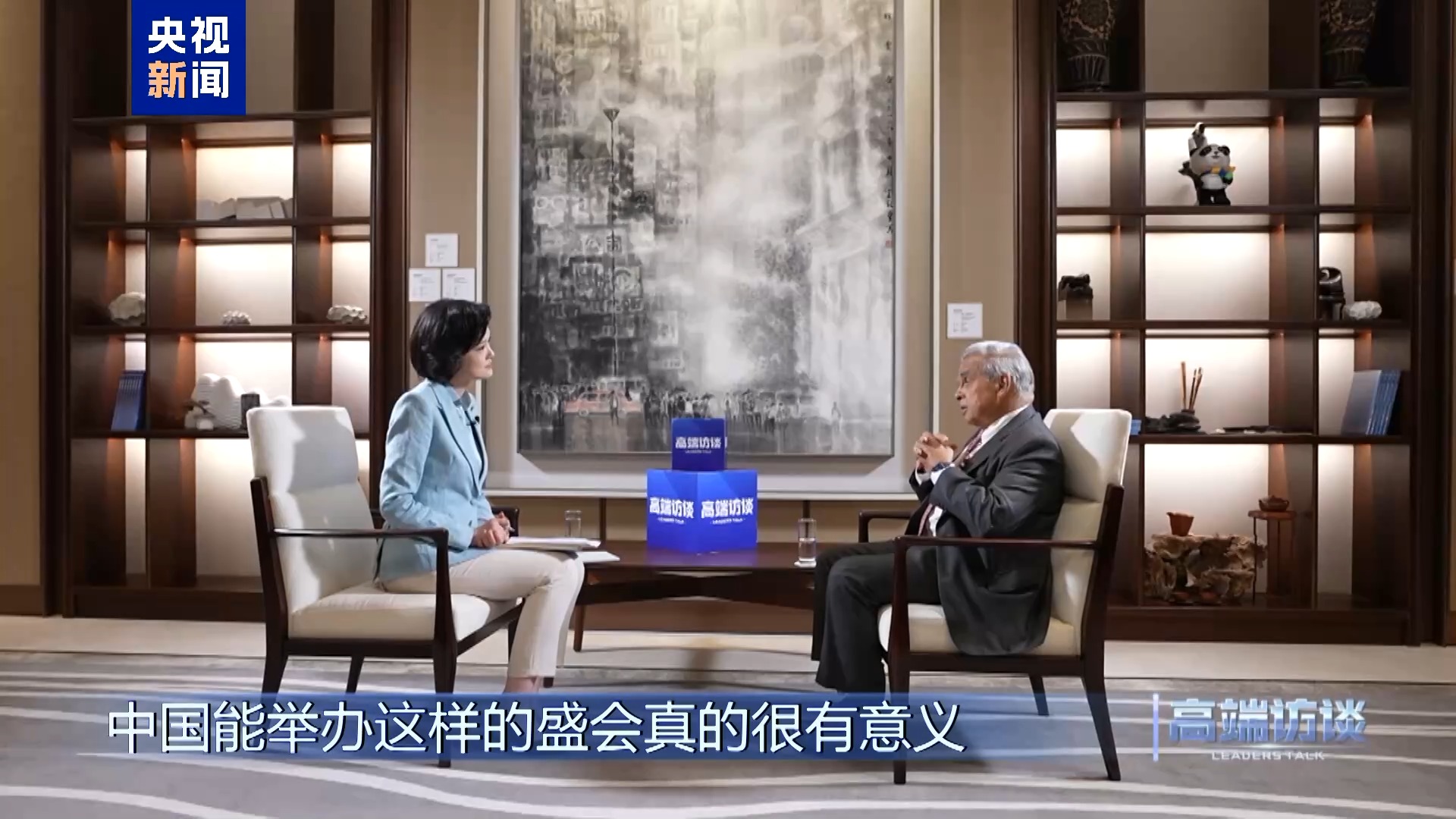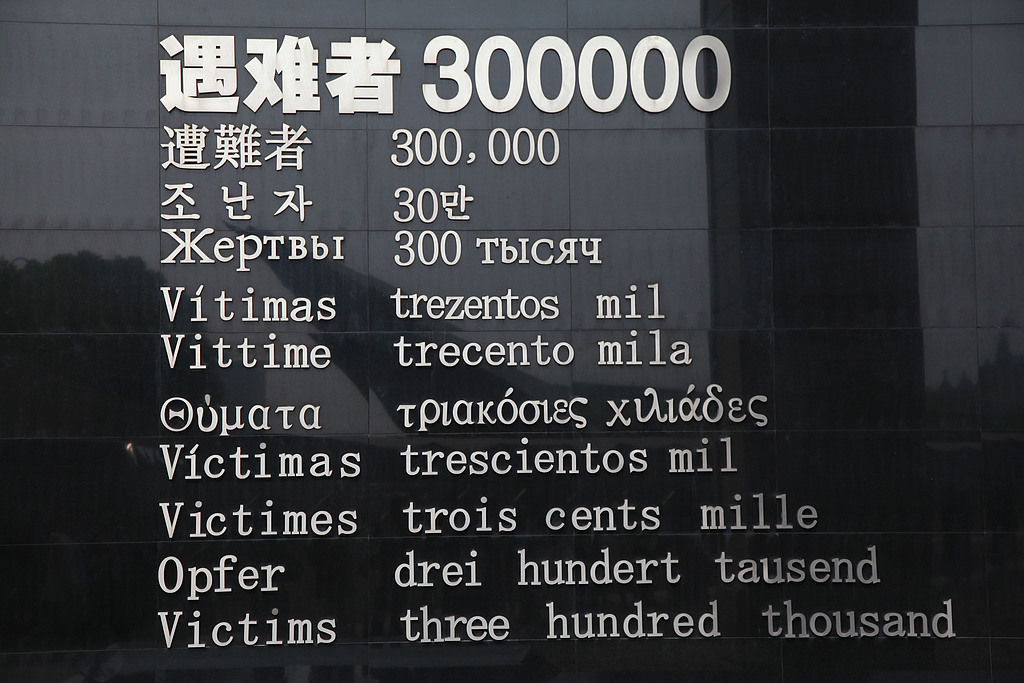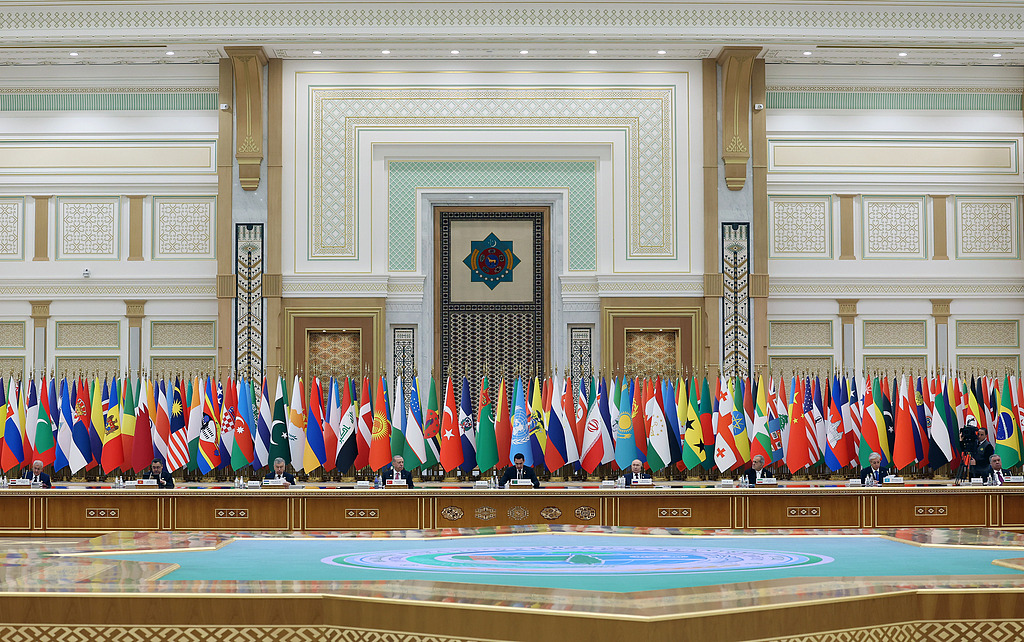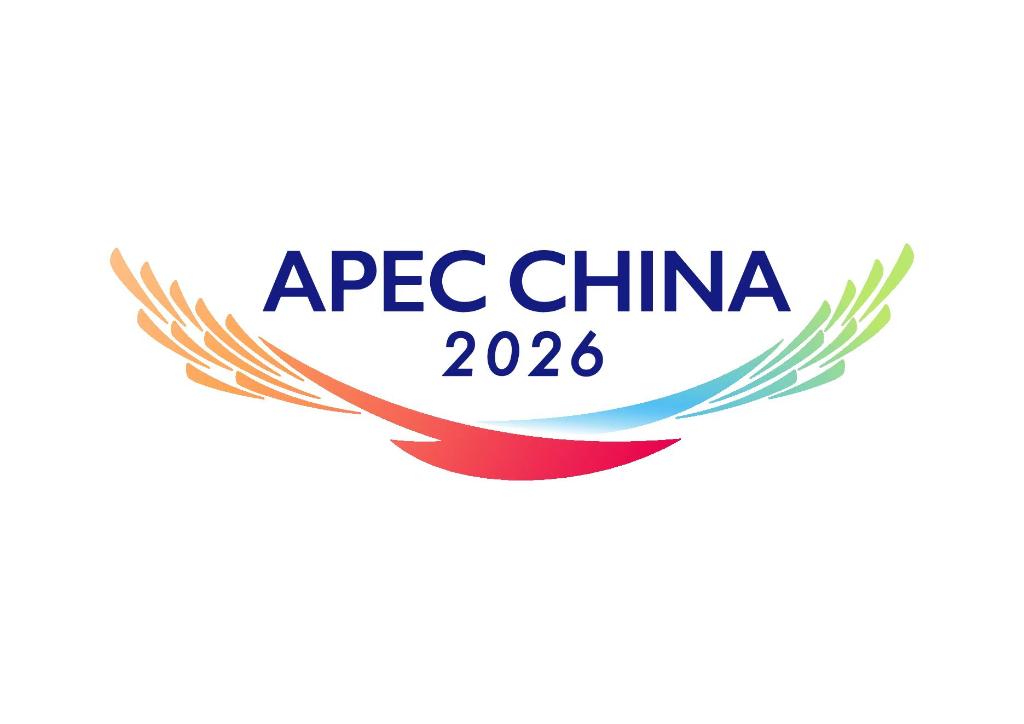The International Academic Seminar on “Analysis and Prospects of the Situation in Central and Eastern Europe” was successfully held in Budapest on May 16, 2025. The seminar was hosted by the Institute of European Studies of the Chinese Academy of Social Sciences and organized by the China-CEE Institute in Hungary.
In his speech, Prof. Feng Zhongping, Director of the Institute of European Studies, Chinese Academy of Social Sciences (CASS), also President of China-CEE Institute, said that the current international situation is intertwined with changes and chaos, the century-old changes are accelerating, the game between major powers continues to intensify, geopolitical conflicts are frequent. The world is at a critical crossroads. In recent years, Europe has faced political polarization, economic downturn, and security difficulties, and the challenges of foreign relations have increased. In the face of changes in the world and Europe, China continues to regard Europe as an important direction of China’s major power diplomacy with Chinese characteristics and an important partner for realizing China-style modernization. The strategic importance of China-Europe cooperation has become increasingly prominent. China’s cooperation with Central and Eastern European countries is an important part of China-Europe relations and is increasingly becoming a model of cross-regional cooperation. This seminar is of great significance as China and the European Union celebrate the 50th anniversary of the establishment of diplomatic relations between the two sides.
Yang Chao, Chief of Mission and Minister-Counselor of the Chinese Embassy in Hungary, said in his speech at the opening ceremony that the world is undergoing a major change that has not been seen in a century. The international security pattern is changing, and the global development pattern is also changing. Central and Eastern European countries are located at the crossroads of the Eurasian continent and are important hubs connecting the East and the West. They should become the intersection of East-West cooperation. China-Central and Eastern European countries cooperation is an important part of China-Europe relations, which is conducive to promoting the development of China and Central and Eastern European countries, as well as promoting the comprehensive and balanced development of China-Europe relations.
Albania’s positioning in 2025 and relations with China
In the seminar, Dr. Marsela Musabelliu, Executive Director of the Albanian Institute for Globalization Studies (AIGS), delivered an address on Albania’s internal dynamics and its evolving foreign relations, with a particular focus on China-Albania ties, in a speech divided into two thematic pillars—Albania’s domestic context and its diplomacy toward China—Dr. Musabelliu painted a nuanced portrait of a country grappling with transition, ambition, and strategic uncertainty.
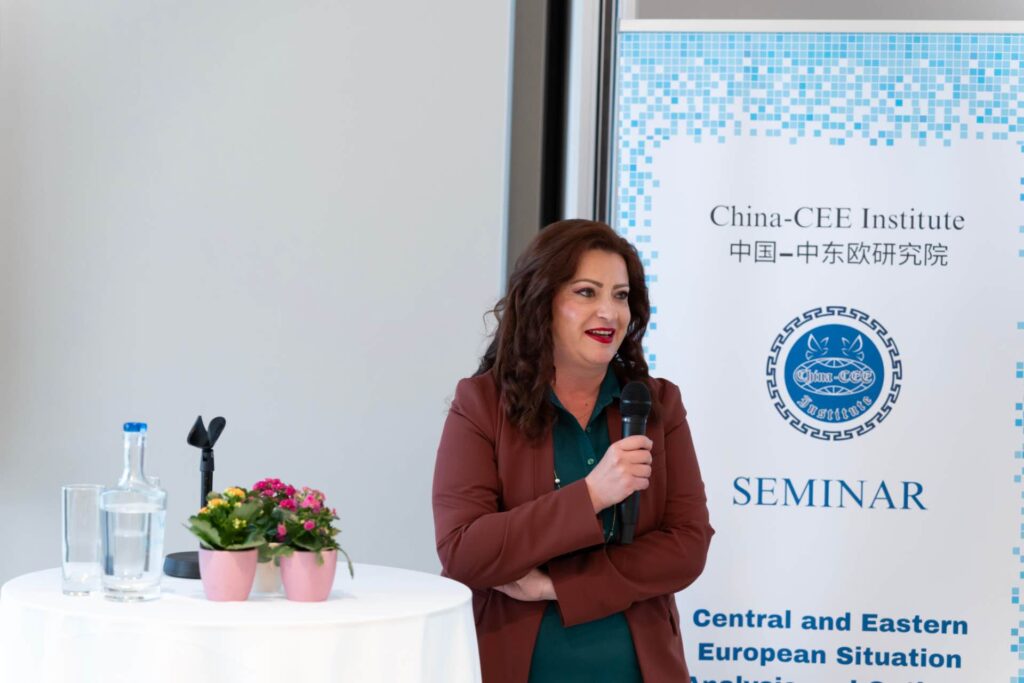
Opening her remarks, Dr. Musabelliu noted the recent parliamentary elections in Albania, which once again secured a victory for the ruling Socialist Party. For the first time, they have attained a super majority, a rare political feat that grants them unprecedented legislative power over the next four years. Despite this political consolidation, Albania faces sobering economic and demographic challenges. With a population of just 2.4 million, a median age of 39, and a GDP per capita of about $8,500, the country’s economy is heavily reliant on the service sector, accounting for over 65% of output.
Dr. Musabelliu also addressed the complex sentiment surrounding Albania’s relationship with the European Union and the United States.
China-Albania Relations
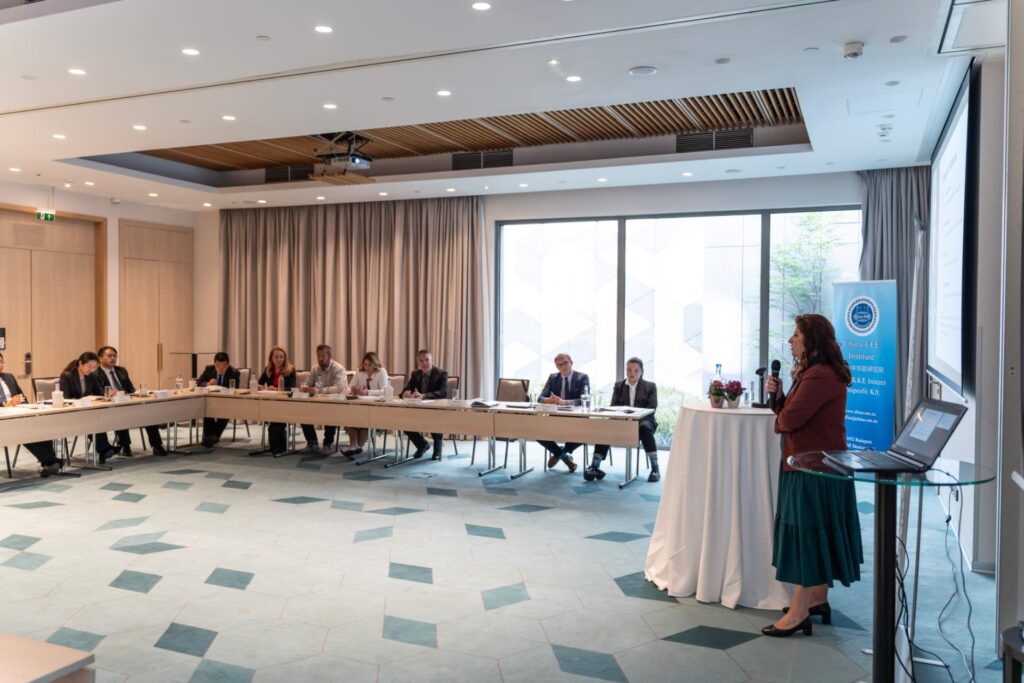
Turning to China, Dr. Musabelliu underscored the nature of bilateral ties, shaped by political hesitation and geopolitical pressure. Despite China’s growing global stature and its continued investment in Central and Eastern Europe through the China-CEEC mechanism, Albania remains a reluctant participant.
She argued that this policy ambivalence is not purely self-imposed. Western conditionality, both overt and implicit, has significantly shaped Albania’s geopolitical posture. As a result, Albania’s foreign policy lacks independence and strategic flexibility.
Despite political inertia, Dr. Musabelliu emphasized the enduring goodwill between the Albanian and Chinese peoples. “Collective memory enshrines China as a friend who helped in difficult times, and this sentiment transcends political cycles,” she said.
Dr. Musabelliu concluded her speech with a call for sober reassessment. Albania, she said, must overcome its Cold War-era reflexes if it is to exercise genuine strategic autonomy. “In a globalized and interdependent world, disengagement from China is not a solution; it cannot even be an option.”
The potential for a fruitful relationship remains, provided there is political will, she concluded.
©AIGS


